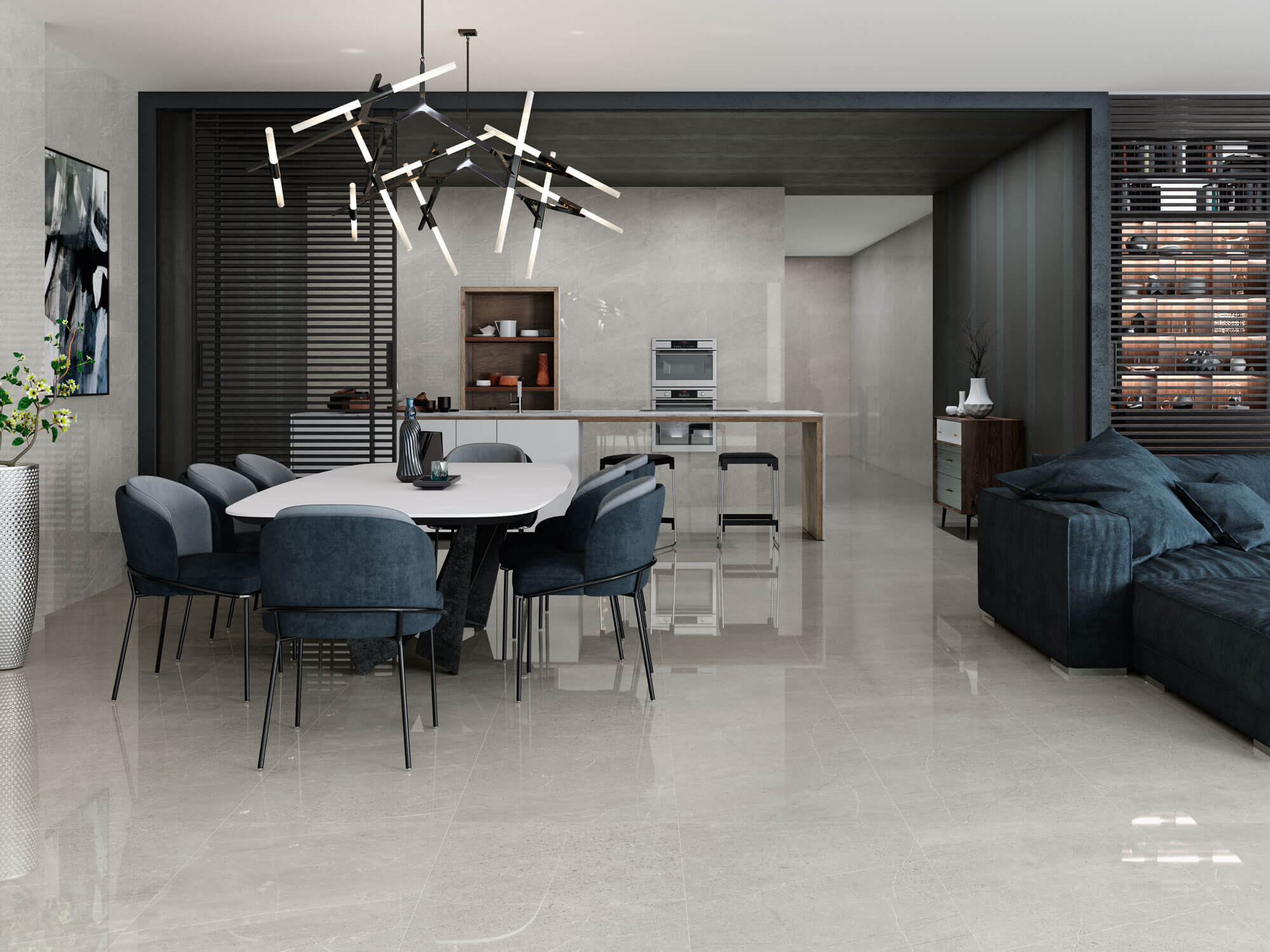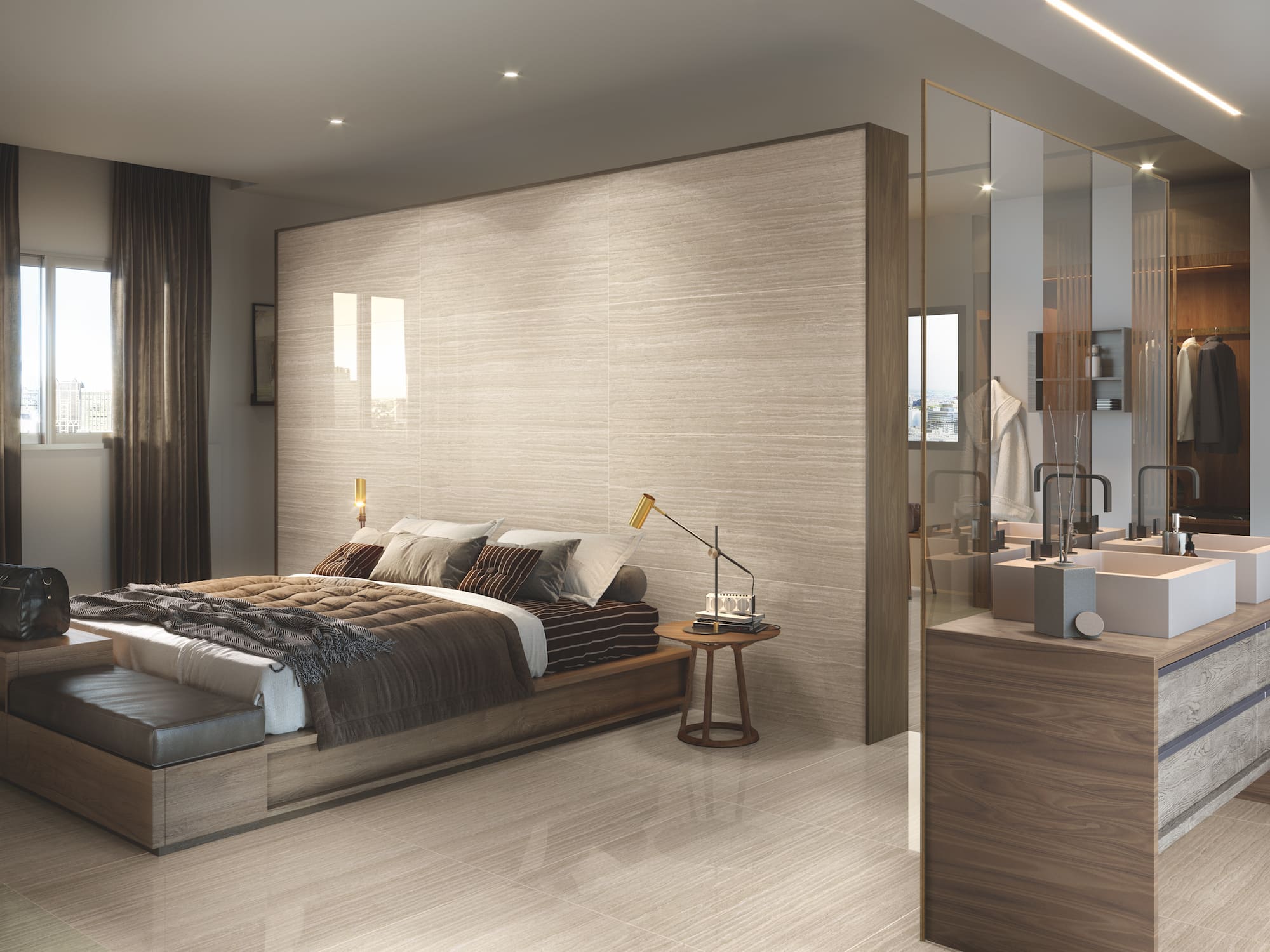Welcome! If you’re looking for ways to transform your home into a beautifully decorated space, you’re in the right place. As a passionate interior design enthusiast, I’ve had the pleasure of decorating several homes, and I’m excited to share tips, ideas, and personal experiences to inspire your own decorating journey.
Understanding Interior Design
Interior design is more than just arranging furniture; it’s an art form that combines aesthetics with functionality. Whether you’re starting from scratch or revamping an existing space, understanding the basics of interior design will help you create a harmonious home.
What Is Interior Design?
Interior design involves the planning, design, and management of interior spaces to enhance their function and aesthetics. It touches on aspects like color, furniture, lighting, and spatial organization.
The Importance of Personal Style
Your home should reflect your personality and lifestyle. Take some time to identify your personal style. Do you lean towards bohemian, contemporary, rustic, or minimalist designs? This will guide your decorating choices.
Getting Started with Your Home Decor
Assess Your Space
Before diving into decorating, assess your space. Consider the size of your rooms, the natural light, and how you use each area. A well-thought-out plan will save you time and money.
Room by Room Breakdown
- Living Room: Focus on comfort and social interaction.
- Kitchen: Prioritize functionality and organization.
- Bedroom: Create a calming retreat with peaceful colors.
- Bathroom: Incorporate spa-like elements for relaxation.
Choosing a Color Palette
The color palette sets the tone for your home. Here are a few tips for selecting colors:
Popular Color Schemes
| Color Scheme | Description | Best For |
|---|---|---|
| Monochromatic | Different shades of a single color | Minimalist designs |
| Analogous | Colors next to each other on the color wheel | Warm, inviting spaces |
| Complementary | Opposite colors for high contrast | Vibrant, energetic designs |
Furniture Selection and Arrangement
Choosing the right furniture is crucial for both aesthetics and comfort. Here are some tips:
Types of Furniture
- Sectionals: Great for maximizing seating in living rooms.
- Bar Stools: Ideal for kitchens or dining areas with a high table.
- Nightstands: A must for bedrooms to hold lamps and essentials.
Furniture Arrangement Tips
Consider the following when arranging furniture:
- Define the purpose of each room.
- Ensure there’s enough space to walk around.
- Use area rugs to define different zones, especially in large rooms.
Adding Personal Touches
Your home should feel uniquely yours. Here are some ideas to personalize your space:
Art and Decor
Incorporating art and decor that speak to you can add character to your home. Consider:
- Framed family photos
- Local artwork
- Travel souvenirs
Textiles and Accessories
Throw pillows, blankets, and rugs can make a space feel cozy. Mix textures and patterns to create interest.
Lighting: An Essential Element
Lighting can dramatically change the ambiance of a room. Here are some essential tips:
Types of Lighting
- Ambient Lighting: General illumination for the entire room.
- Task Lighting: Focused light for specific activities like reading.
- Accent Lighting: Highlights artwork or architectural features.

Layering Your Lighting
To create a well-lit space, layer different types of lighting. This adds depth and emphasizes design elements.
Trends in Interior Design
Staying updated with the latest trends can inspire fresh ideas. Here are some current trends to consider:
Eco-Friendly Design
Incorporating sustainable materials and energy-efficient appliances is a growing trend among homeowners.
Multipurpose Spaces
With many working from home, creating flexible spaces is essential. Think about furniture that can serve multiple purposes.

Pros and Cons of Hiring an Interior Designer
While many love to DIY their decor, hiring an interior designer can also be beneficial. Here’s a quick comparison:
| Pros | Cons |
|---|---|
| Expertise in design principles | Can be expensive |
| Access to unique resources | May not reflect your personal style |
| Time-saving | Less control over the final design |
Common Mistakes to Avoid
Even experienced decorators make mistakes. Here are some common traps to sidestep:

Overcrowding Spaces
A common mistake is placing too much furniture in a room. Less can be more; leave room to breathe.
Ignoring Scale and Proportion
Ensure your furniture fits the scale of your room. Oversized furniture in a small room can feel cramped.

Neglecting Lighting Needs
Don’t forget about different types of lighting. A well-lit space is essential to good design.
FAQs about Interior Decorating

What are the best colors for small spaces?
Light colors such as whites, soft grays, and pastels can make small spaces feel larger and more open.
How do I make my home feel more inviting?
Incorporate personal items, use warm colors, and ensure your space is well-lit to create a welcoming atmosphere.

Is it worth hiring an interior designer?
If you have a specific vision but lack the time or expertise to execute it, hiring a designer can save you effort and enhance your design.